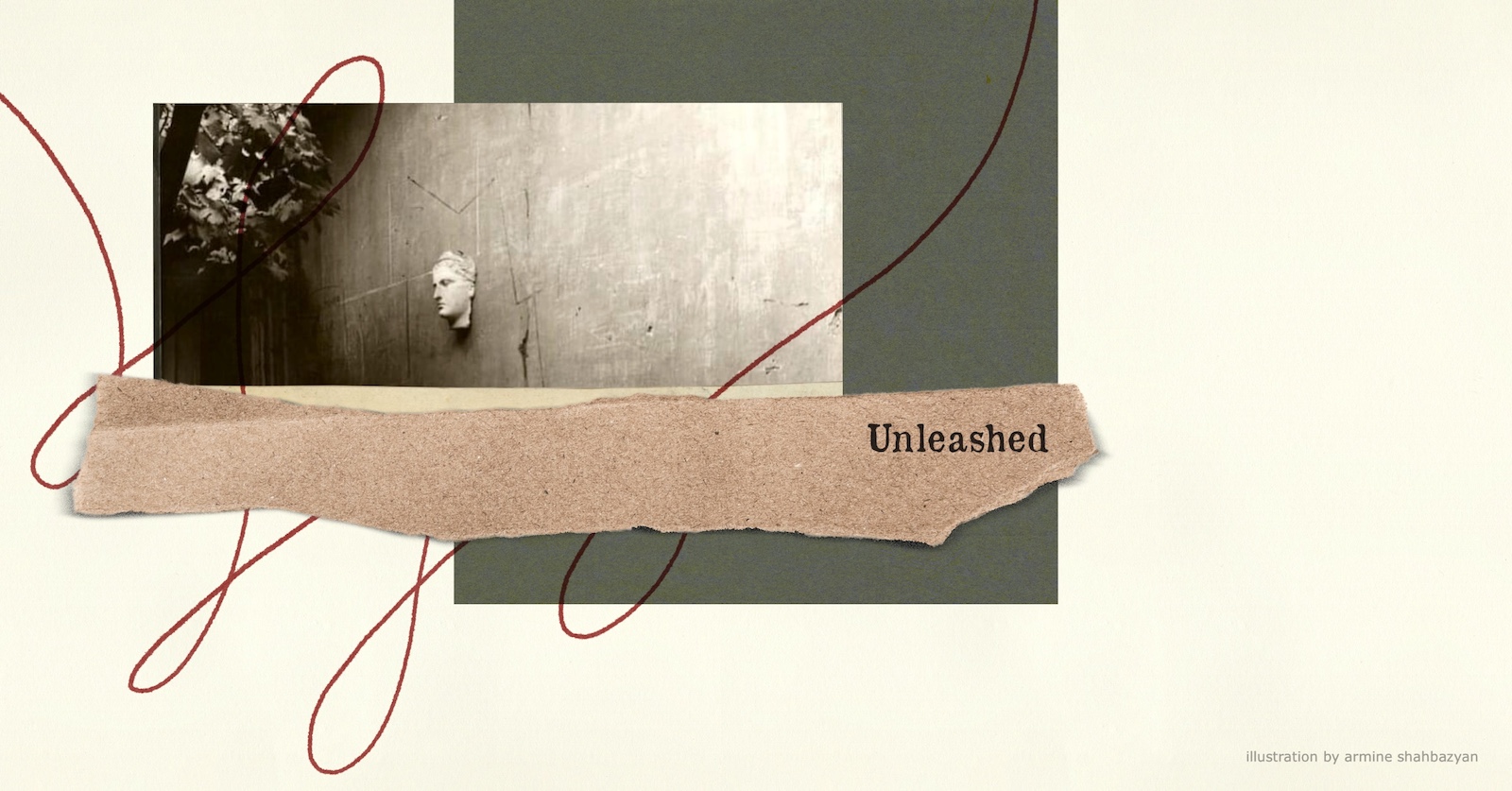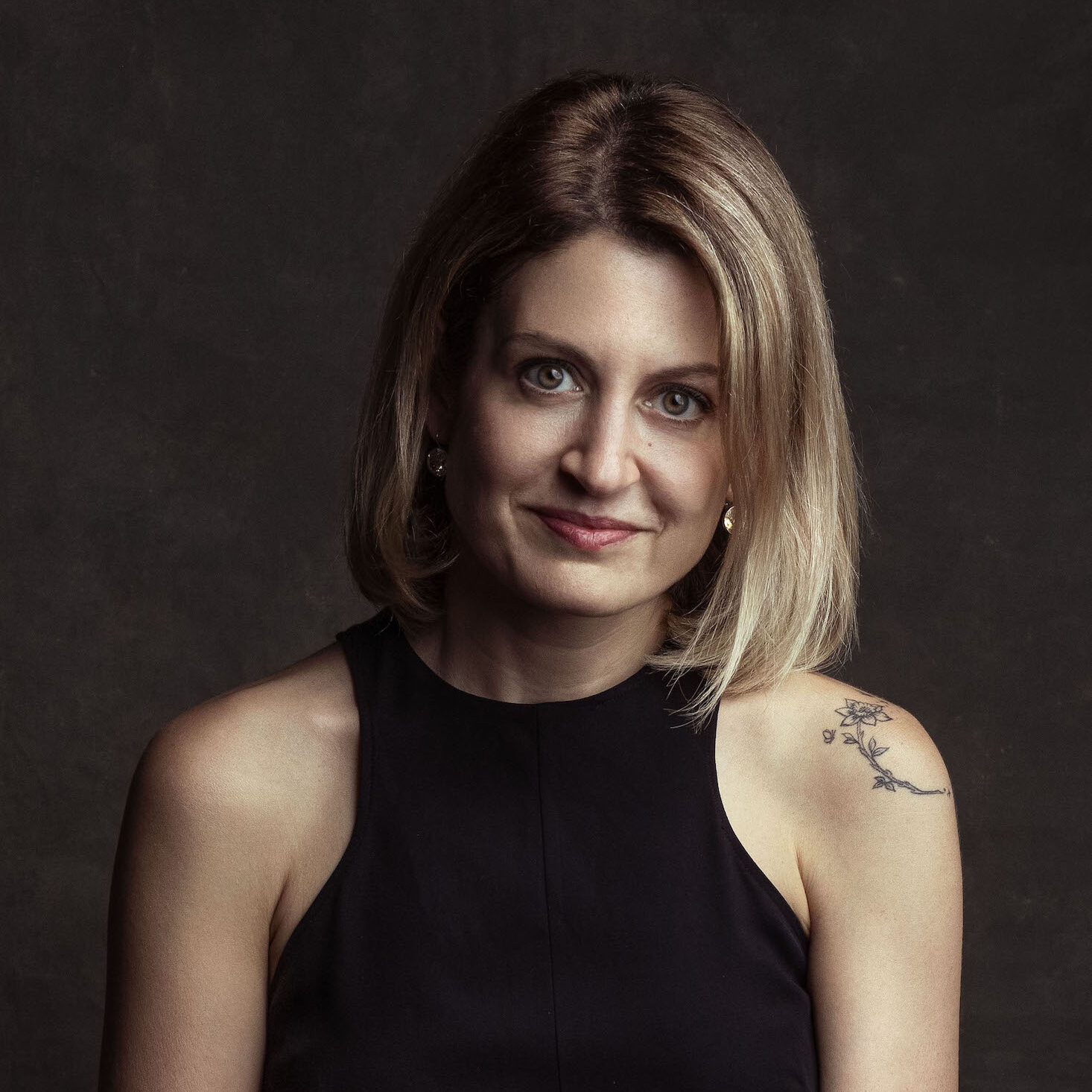

Next week, I’ll celebrate my 44th birthday. Though sometimes it feels as if I’m turning a hundred and forty-four, more often it feels like I was just born yesterday. Each and every year has been a unique chapter in an ongoing saga of ups and downs, highs and lows, ebbs and flows.
I’ll never forget my 35th birthday, an especially memorable chapter, when Peter Klashorst—a Dutch painter I befriended when I lived in Cambodia—presented me with a canvas painting as a gift. It portrayed a woman, standing boldly naked, hands on hips and legs apart, in front of a building in The Netherlands historically known for witch burnings. Famous for his provocative portrayals, including hypersexualized depictions of the Dutch royal family, Peter handed me the portrait and declared, “This is you.”
That’s probably the closest anyone has ever come to calling me a “witch” to my face. Knowing Peter, though, I was sure he meant it as a compliment, so I took it as one. But when he later painted me again, this time as Medusa, with eyes of neon green and hair of curling snakes, I couldn’t help but question the symbolism behind his choices and wonder what prompted him to see me in such a light.
He explained that witches and Medusa represent power, change, and how society reacts to women, making them strong symbols in their stories. Both undergo experiences that not only empower but also isolate them: Medusa, originally a beautiful woman, becomes a Gorgon who could kill people just by looking at them, as a symbol of shifting from victimhood to a formidable entity, while witches transition from ordinary to magical beings, often feared for their unique powers.
Both figures are frequently depicted as persecuted women, reflecting societal fears of those who defy traditional roles or wield power. Medusa’s face was used historically as a protective amulet, paradoxically invoking fear even as it warded off evil, similar to how witches, despite their feared status, were often approached for their healing knowledge and protective spells. Both serve as metaphors for “the other,” representing xenophobia, misogyny, and the consequences of exclusion, illustrating how societies have historically marginalized those who are different.
To be sure, I was not the child my parents had in mind when they had me. Born first, screaming into the world, I resented the life they forced upon me without my consent. This manifested in some serious rebellion throughout my adolescence and early adulthood. But to their credit, undeterred by my defiance, my parents showed me unconditional love and support. My mother, in particular, was determined that my sisters and I should seize every opportunity that had been denied to her as a woman born into the conservative setting of 1950s Turkey. My parents’ vision was clear: they wanted us to be educated, financially independent, and empowered to pursue whatever we set our minds to.
I was especially lucky to be born and raised in a place like Montreal, where uniqueness is usually celebrated. This contrasts quite a bit with my experiences since moving to Armenia. Here, I find myself longing to belong, yet often feeling like an outsider in a society still so deeply rooted in traditional gender roles. As an outspoken feminist and activist, visibly tattooed, twice divorced, and openly childfree by choice (perhaps the most heretical act of all), let’s just say I don’t exactly fit right in. And despite having a solid social network and support system here, I have faced some glaring rejections — denied handshakes, seats at tables, and invitations to important conversations. And not just because I’m a woman, but also — and this was bluntly stated directly to me — because I’m considered “weird.” Or, in other terms, what they once called a witch.
Thankfully, I haven’t been physically burned at the stake; at least not yet. But mentally, it used to take its toll when I cared too much about what other people thought—a concern that was nearly debilitating in my twenties and thirties. Since turning 40, however, it now takes me precisely zero seconds to count how many fucks I give about anyone else’s opinion of me. Such indifference brings with it an unprecedented level of confidence. Embracing who we are frees us from the weight of other people’s judgments, allowing us to live authentically and courageously—misunderstood, perhaps, but undeniably free.
And it seems this transformation suits me well, as I now look forward to each birthday as a celebration of continued growth and freedom. While many dread the aging process, I welcome each new year as a fresh start and opportunity for reinvention. A friend even remarked recently (and far too generously) that I seem to be aging in reverse.
But that’s impossible. After all, witches don’t age.
See all [Unleashed] articles here
Listen to Sheila’s personal reading of “Birthday Witch”.

Sheila Paylan is an international human rights lawyer and former legal advisor to the United Nations. Now based in Yerevan, she regularly consults for a variety of international organizations, NGOs, think tanks, and governments.

